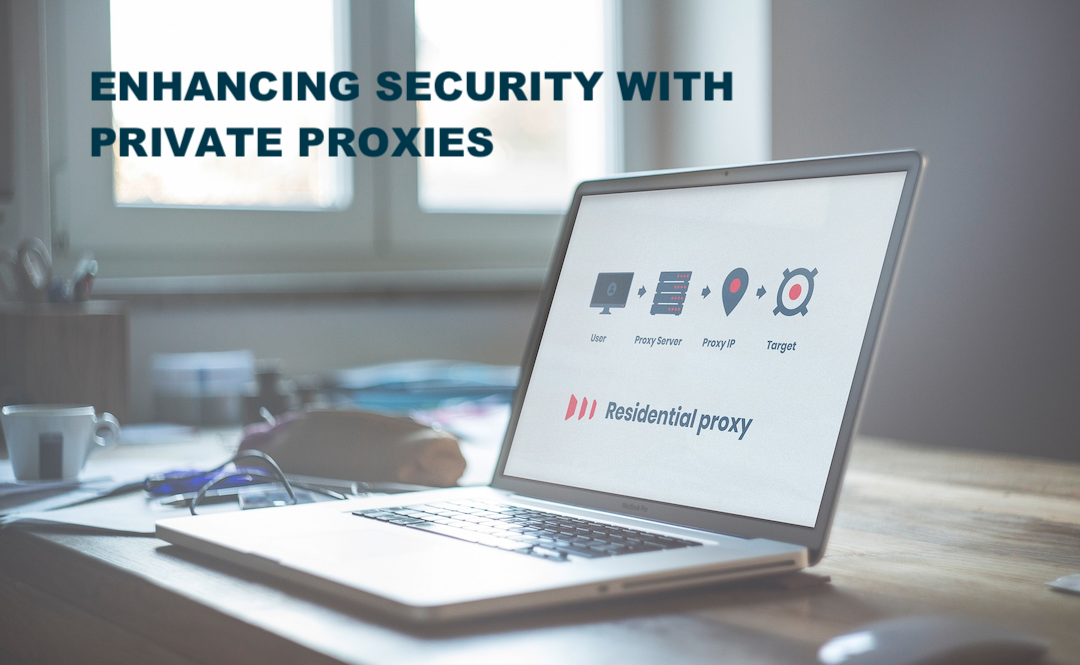
Across the expansive digital landscape, a concerning rise in data breaches presents a substantial hurdle to safeguarding sensitive information. Protecting personal and organizational information has never been more crucial with the ever-increasing volume of digital interactions. As cybercriminals employ increasingly sophisticated methods to infiltrate networks and compromise data, there arises a demand for proactive measures to fortify digital security. Among the tools available, private proxies emerge as a formidable ally in the battle against information violations. This article explores the intricate connection between data breaches and their strategic use to bolster security defenses.
The Anatomy of Data Breaches
Data breaches encompass unauthorized access to confidential information, resulting in its exposure to malicious actors. Such violations have far-reaching consequences, from financial losses to reputational damage. Cybercriminals exploit software, networks, and human behavior vulnerabilities to breach digital defenses, underscoring the need for multifaceted solutions to combat these threats.
A tool like "Have I been Pwned" is a reliable and effective way for users to learn if their account has been breached, and our data breach check tool just does that.
A Layer of Anonymity
It acts as an intermediary between users and the internet, allowing online activities to be conducted through proxy servers. This arrangement presents a unique advantage: it masks users' original IP addresses, effectively concealing their digital footprints. This layer of anonymity serves as a potent deterrent against cybercriminals seeking to identify targets for potential breaches. Some providers that offer private proxies are NewIPNow, BrightData, and Webshare. By utilizing these proxies, individuals and organizations can remarkably reduce the risk of exposure to cyber threats.
The Role in Data Security
It plays a pivotal part in information security by enhancing privacy and minimizing the potential for data breaches:
Concealing Digital Identities: When users employ these, their original IP addresses are obscured, making it challenging for malicious actors to trace online activities back to individuals or organizations. This anonymity is a crucial defense mechanism, thwarting attempts to gather information for potential breaches.
Evading Geolocation Restrictions: It enables users to access online resources from different locations. This capability proves essential in circumventing geolocation-based barriers that cybercriminals often exploit. Users can access restricted content by routing online traffic through proxy servers without compromising security.
Protecting Sensitive Transactions: For businesses engaged in financial transactions or handling sensitive customer information, it offers an added layer of security. By funneling online activities through proxy servers, organizations can mitigate the risk of exposing critical information to cyber threats.
Bypassing IP-Based Restrictions: Some websites and platforms impose IP-based restrictions to prevent unauthorized access. It provides a solution by allowing users to connect through different IP addresses, effectively bypassing such barriers and minimizing the risk of potential breaches.
Conclusion: A Proactive Approach to Digital Security
In the face of mounting cyber threats, the imperative to adopt proactive security measures has never been more apparent. The connection between data breaches and the use of private proxies offers a compelling solution to safeguard sensitive information. By leveraging the anonymity provided by these, individuals and organizations can effectively shield themselves from the prying eyes of cybercriminals.
As the virtual landscape continues to evolve, the significance of staying one step ahead of potential breaches cannot be overstated. Incorporating these into digital security strategies presents a potent defense mechanism that can thwart even the most determined cybercriminals. Through the strategic deployment of these proxies, individuals and organizations can confidently navigate the digital realm, knowing that they have fortified their defenses against data violations and other malicious activities.
Share this post
Leave a comment
All comments are moderated. Spammy and bot submitted comments are deleted. Please submit the comments that are helpful to others, and we'll approve your comments. A comment that includes outbound link will only be approved if the content is relevant to the topic, and has some value to our readers.

Comments (0)
No comment